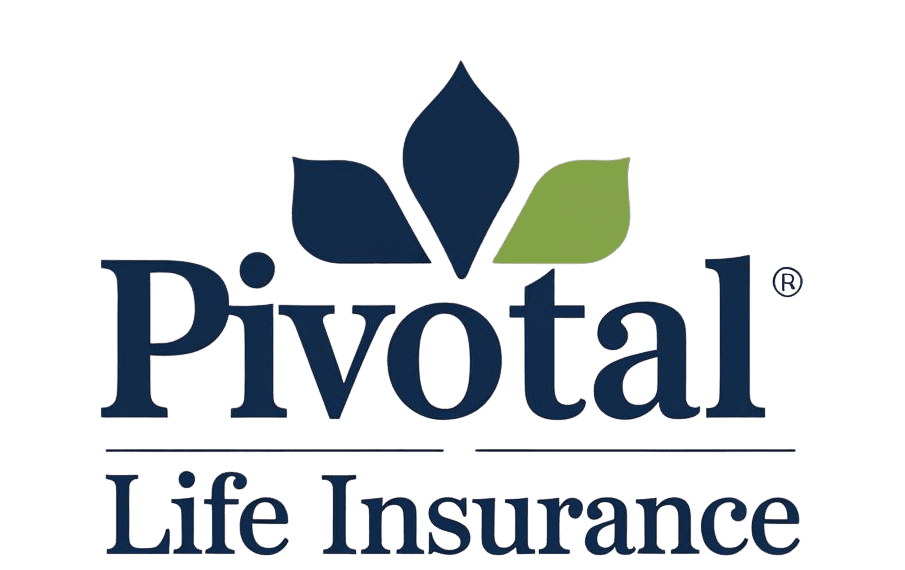Imagine this. You’ve faithfully paid your life insurance premiums for 20 or 30 years, stayed healthy, and now you’re still alive at the end of your term. First off, congratulations — beating the odds is always worth celebrating. But then the question kicks in: What happens if you outlive your term life insurance?
This is one of the most common concerns people have when considering life insurance. In this guide, we’ll explain exactly what happens when your policy ends, the options you have, and what to consider before your coverage expires. By the end, you’ll know how to make smarter decisions about your financial security.
Key Takeaways
Outliving term life insurance means your policy ends, and there’s no payout unless you have a Return of Premium rider.
Most people choose term life for affordability, not long-term guarantees.
At the end of your policy, you can renew, convert, or buy a new plan depending on your needs.
Planning is crucial — waiting until your policy expires limits your options and raises costs.
Understanding Term Life Insurance
Term life insurance is a type of policy that provides coverage for a set period, usually 10, 20, or 30 years. If the insured person passes away during that term, the insurance company pays a death benefit to their beneficiaries.
The catch is simple: if you outlive your policy, coverage ends, and there is no payout unless you’ve purchased a special rider. This makes term life insurance affordable but temporary.
So, What Happens if You Outlive Your Term Life Insurance?
When your term ends and you’re still alive, your policy expires. That means:
You stop making premium payments.
Your beneficiaries won’t receive a death benefit.
You no longer have life insurance coverage under that plan.
In short, the policy has served its purpose, but it doesn’t continue unless you take specific steps.
Do You Get Money Back if You Outlive Term Life Insurance?
Most standard term policies do not refund the premiums you paid. Once coverage ends, there is no payout.
However, there’s an exception: Return of Premium (ROP) term life insurance. With this option, you pay higher premiums, but if you survive the policy term, the insurer refunds your payments. It’s more expensive, but for some, it provides peace of mind.
At what Age Does Life Insurance Expire?
Term life policies don’t have a universal expiration age. Instead, they end after the selected term length. For example:
A 20-year policy bought at age 35 ends at 55.
A 30-year policy bought at age 45 ends at 75.
Some insurers allow renewal up to a certain age, often 80 or 85. After that, term coverage is no longer available.
What Are Your Options When a Policy Ends?
If you’re reaching the end of your policy and still want coverage, you have a few choices:
1. Renew the Policy
Many insurers allow you to renew term coverage on a year-to-year basis. Premiums will be much higher since you’re older, but it keeps you insured temporarily.
2. Convert to Permanent Life Insurance
Some policies include a conversion option, which lets you switch your term policy into a permanent plan like whole life or universal life. This gives you lifelong coverage without a new medical exam, but premiums will increase.
3. Buy a New Policy
If you’re still healthy, you may apply for a new policy. Keep in mind that premiums rise significantly with age, and health issues can impact eligibility.
4. Let the Policy Expire
If you no longer have dependents or financial obligations, you may decide not to replace the policy at all.
Life Insurance That Pays Out at the End of Term
For those who dislike the idea of “paying for nothing,” ROP term policies or permanent insurance can be alternatives. These ensure you receive something back, either in the form of refunded premiums or lifelong coverage with cash value benefits.
Outliving your term life insurance isn’t a bad thing — it means you lived. But financially, it’s a moment to reassess. Do you still need coverage for loved ones? Would permanent insurance offer more peace of mind? Or is it time to let go of life insurance altogether?
What’s your biggest concern about your policy expiring? Thinking this through before your term ends ensures your financial safety net remains secure.

